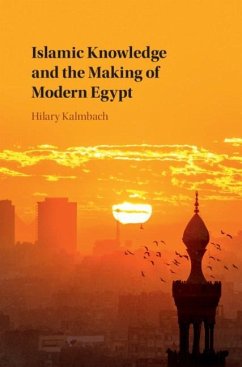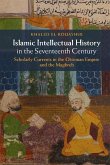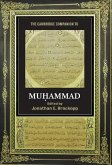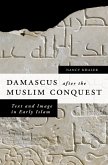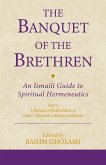This historical study transforms our understanding of modern Egyptian national culture by applying social theory to the history of Egypt's first teacher-training school. It focuses on Dar al-Ulum, which trained students from religious schools to teach in Egypt's new civil schools from 1872. During the first four decades of British occupation (1882-1922), Egyptian nationalists strove to emulate Europe yet insisted that Arabic and Islamic knowledge be reformed and integrated into Egyptian national culture despite opposition from British officials. This reinforced the authority of the alumni of the Dar al-Ulum, the daramiyya, as arbiters of how to be modern and authentic, a position that graduates Hasan al-Banna and Sayyid Qutb of the Muslim Brotherhood would use to resist westernisation and create new modes of Islamic leadership in the 1930s, 40s and 50s. Establishing a 130-year history for tensions over the place of Islamic ideas and practices within modernized public spaces, tensions which became central to the outcomes of the 2011 Arab Uprisings, Hilary Kalmbach demonstrates the importance of Arabic and Islamic knowledge to notions of authority, belonging, and authenticity within a modernising Muslim-majority community.
Dieser Download kann aus rechtlichen Gründen nur mit Rechnungsadresse in A, B, BG, CY, CZ, D, DK, EW, E, FIN, F, GR, HR, H, IRL, I, LT, L, LR, M, NL, PL, P, R, S, SLO, SK ausgeliefert werden.

